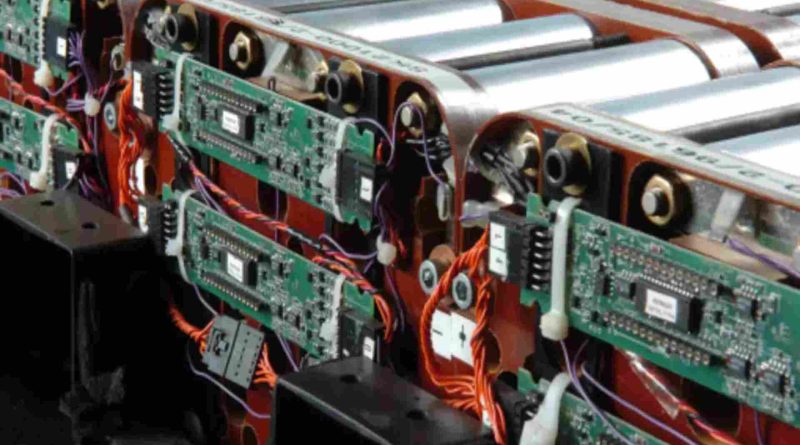Revolutionizing Energy Storage: Breakthrough in Eco-Friendly, Cost-Efficient Lithium Batteries
In a groundbreaking development, researchers at the Indian Institute of Technology (IIT) Bombay and Shiv Nadar University have unveiled a cutting-edge technology for the production of environmentally friendly Lithium-Sulfur (Li-S) batteries. This innovation promises to revolutionize the energy storage landscape, offering batteries that are not only three times more energy-efficient but also significantly more cost-effective compared to the ubiquitous Lithium-ion batteries used today.
Harnessing the principles of green chemistry, the Li-S battery technology incorporates a blend of unconventional materials, including by-products sourced from the petroleum industry such as Sulfur, as well as agro-waste elements and copolymers like cardanol (derived from cashew nut processing) and eugenol (found in clove oil), utilized as cathodic materials.
This breakthrough holds immense potential for a multitude of industries, ranging from tech gadgets and drones to electric vehicles (EVs), all of which heavily rely on efficient battery systems. With a focus on sustainability and efficiency, the researchers aim to address both industry demands and environmental concerns simultaneously.
“The essence of our research lies in the principles of green chemistry, offering a solution that meets the needs of industries while prioritizing environmental sustainability. With three times the energy density and enhanced safety features, our technology paves the way for widespread adoption of clean, battery-powered energy across various sectors,” explained Bimlesh Lochab, Associate Professor at Shiv Nadar University.
Illustrating the transformative impact of this innovation, Lochab highlighted its potential to extend the range of electric vehicles significantly. For instance, an electric car equipped with conventional Lithium-ion batteries could potentially quadruple its range to 1600 km on a single charge, while also boasting a compact design and enhanced safety features.
Collaborating with Sagar Mitra, Professor at IIT Bombay’s Department of Energy Science and Engineering, Lochab’s team is now focusing on developing a prototype for the Li-S battery, aiming to transition this groundbreaking research into practical applications.
Mitra emphasized the critical need for such advancements, citing the limitations of current battery technologies in terms of efficiency, weight, cost, recyclability, and safety. The utilization of innovative materials, such as eugenol-derived copolymer, not only addresses these challenges but also contributes to environmental sustainability and safety.
The novel battery technology incorporates a bio-based molecule, enabling scalable production on a commercial level. Additionally, the introduction of a new type of cathode for Li-S batteries promises to further enhance performance levels, offering improved capacity retention and extended battery life within a smaller form factor.
By leveraging industrial waste for sourcing Sulfur and bio-renewable feedstock for cardanol, the researchers have demonstrated a commitment to sustainability and eco-friendliness, making significant strides towards a greener, safer future in energy storage.

